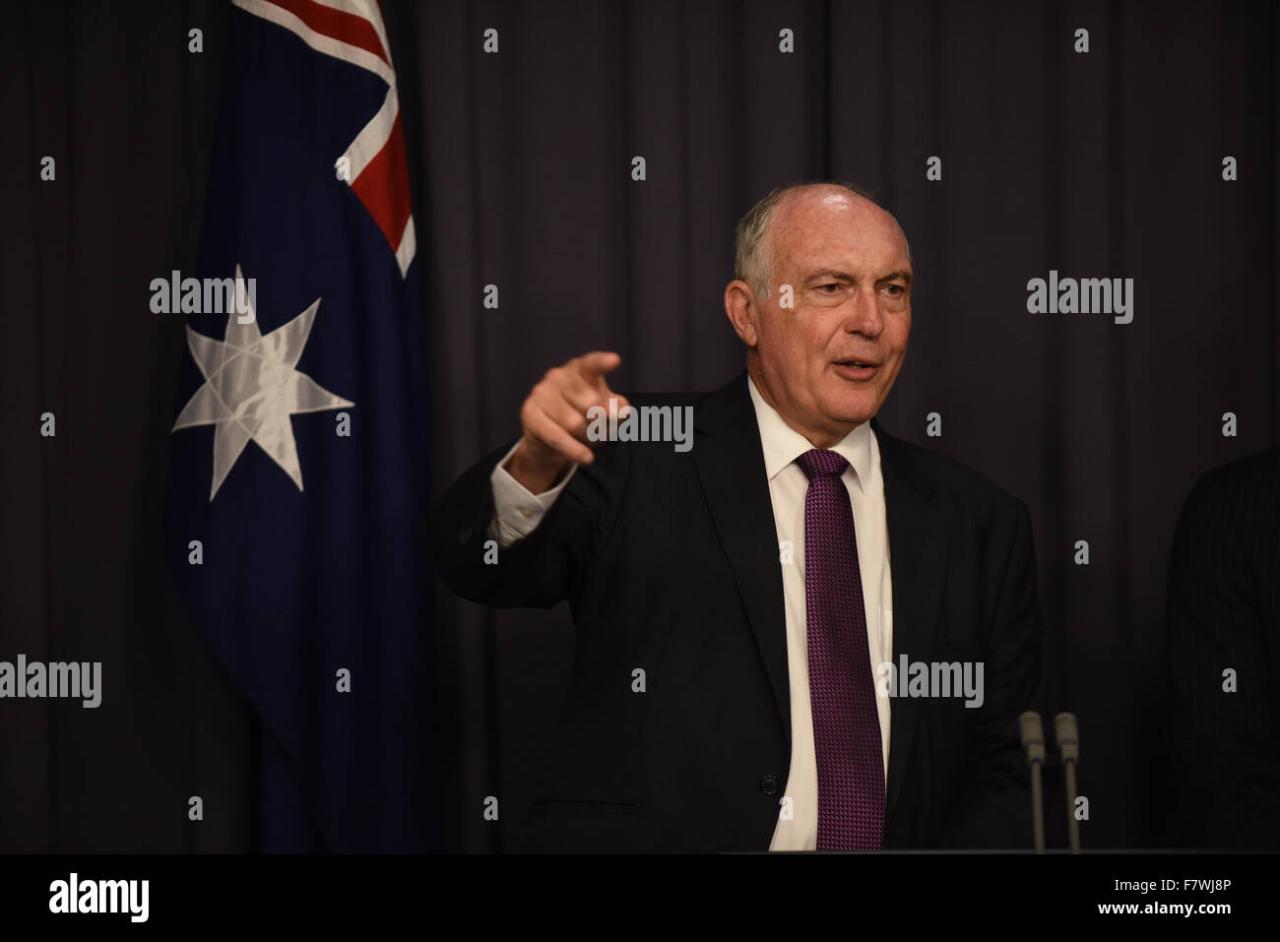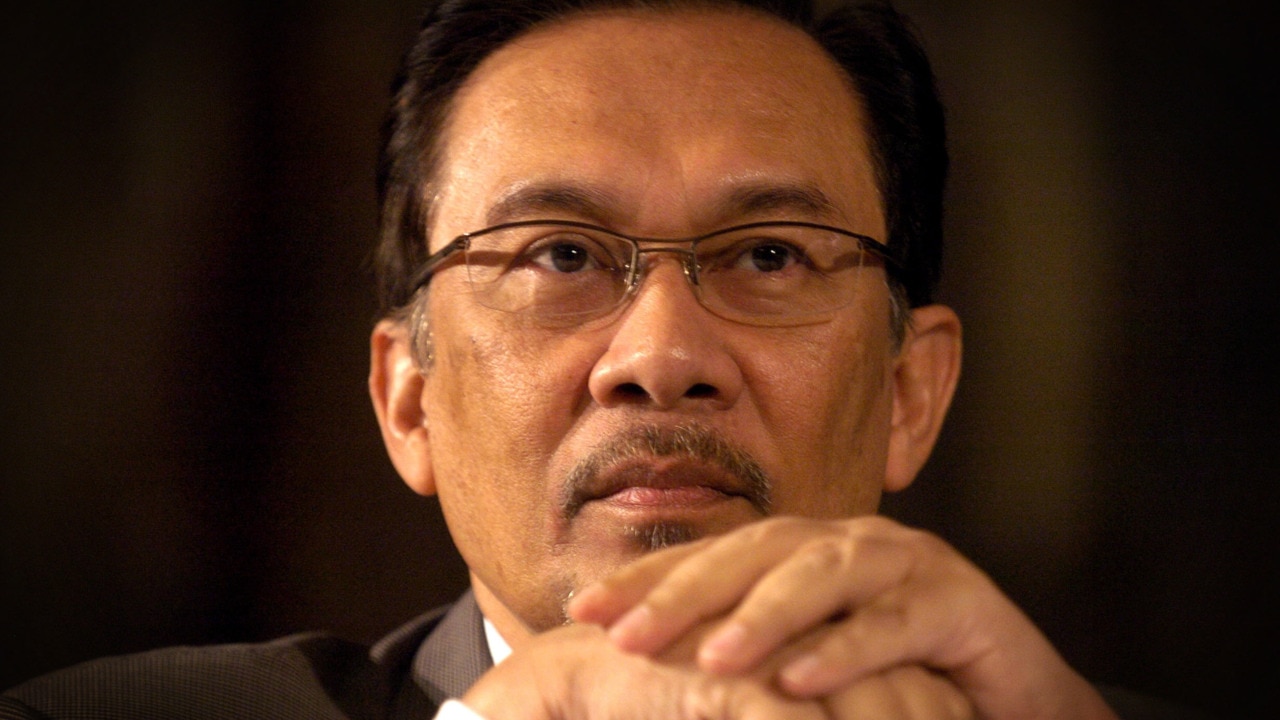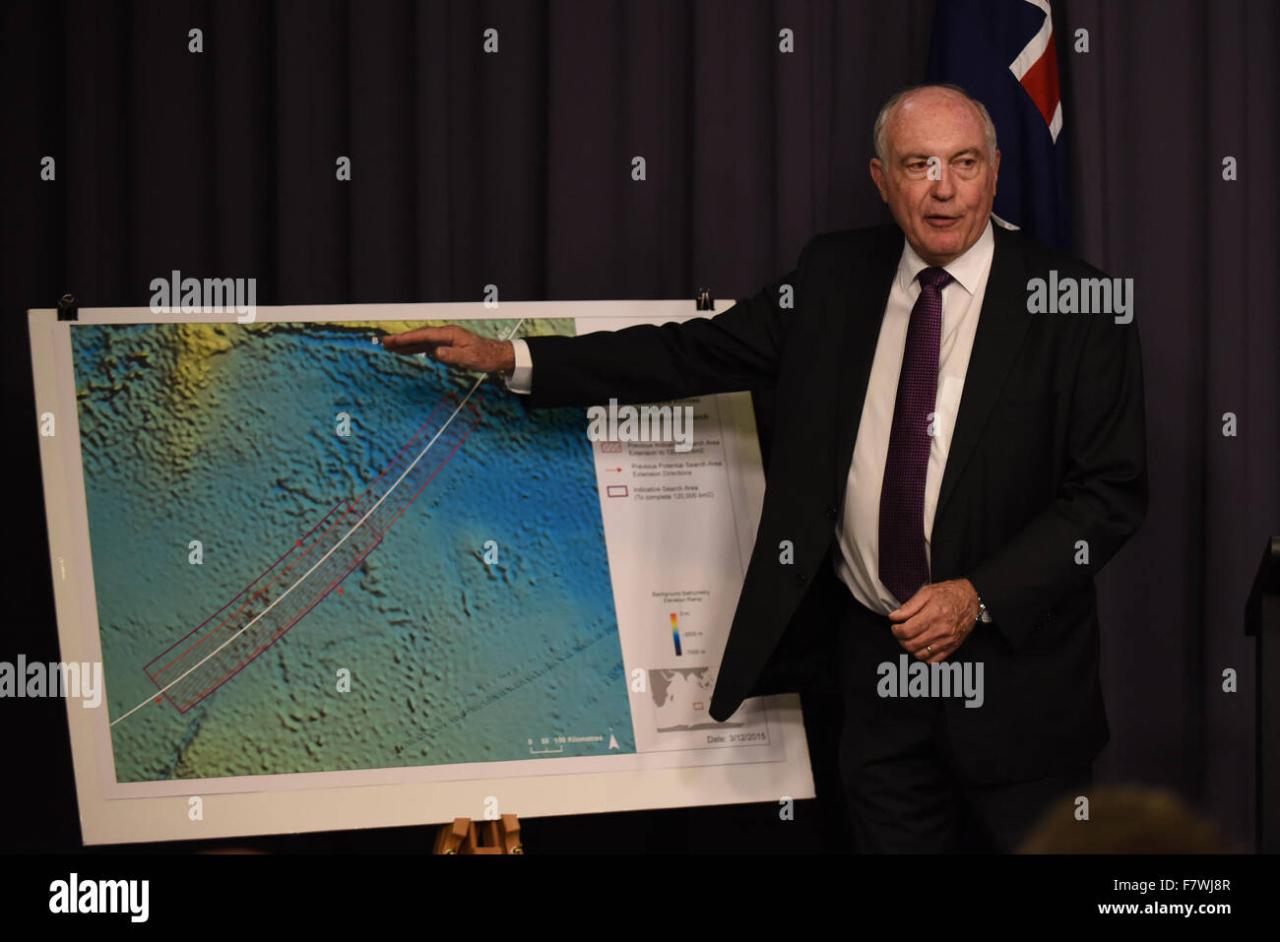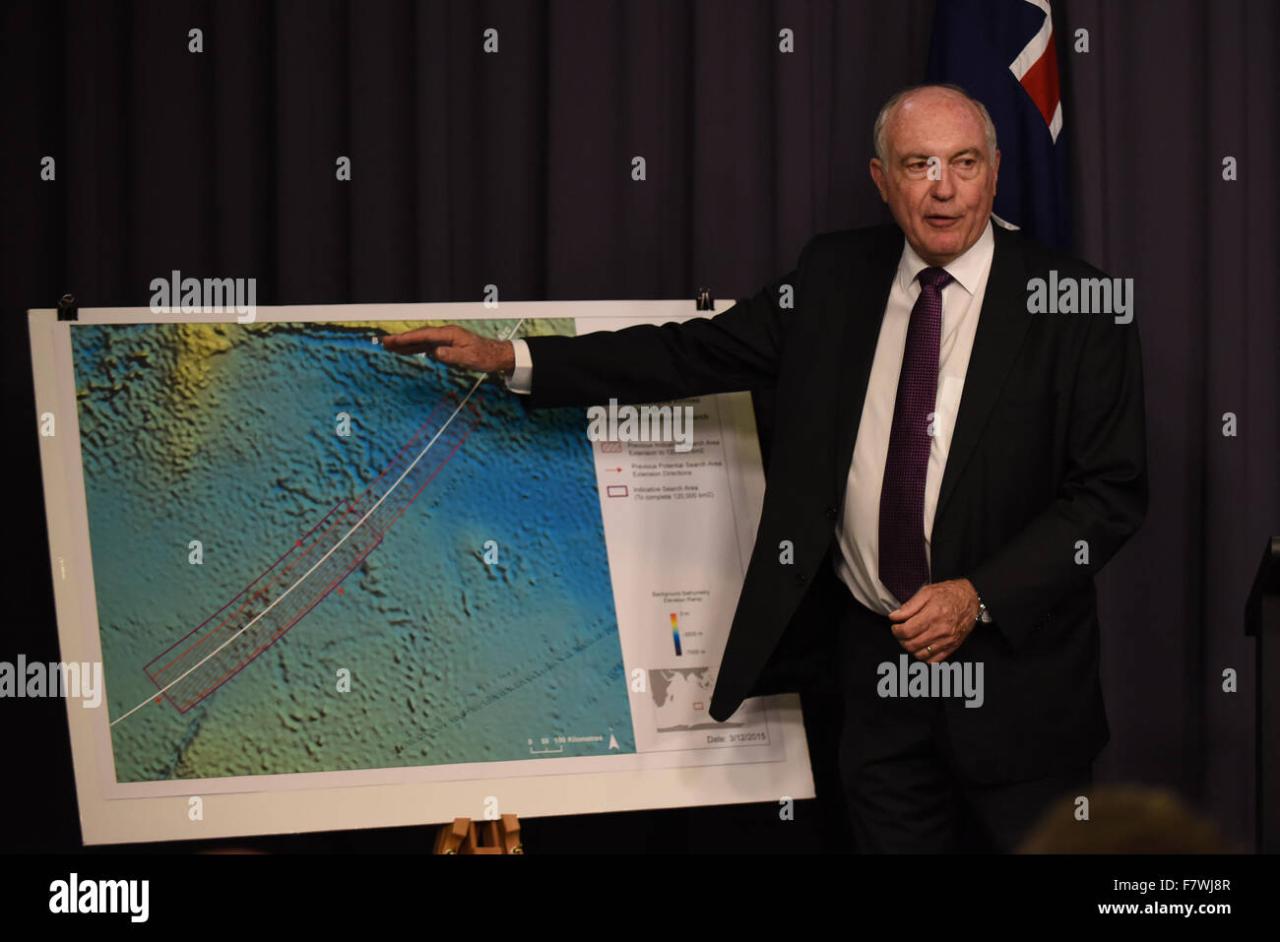Australia responds to fresh MH370 search as Malaysia hopes for a breakthrough. The renewed search for Malaysia Airlines Flight 370, which mysteriously vanished in 2014, has reignited global interest and sparked a renewed collaborative effort between Australia and Malaysia. This renewed search follows years of unsuccessful investigations and represents a significant undertaking, incorporating advanced technology and a reassessment of the potential search area.
The stakes are high, with both nations eager for closure and answers for the families of the passengers and crew.
Australia’s official response will be crucial in determining the scale and scope of the renewed search. Their commitment of resources, including technological expertise and potentially financial support, will significantly influence the success of the operation. Meanwhile, Malaysia’s hopes for a successful outcome are palpable, fueled by the potential for uncovering new evidence and providing long-awaited answers to the lingering questions surrounding the disappearance.
The collaborative effort between the two nations will be key, necessitating a clear division of responsibilities and effective communication.
Australia’s Response and Malaysia’s Renewed MH370 Search
The renewed search for Malaysia Airlines Flight 370 (MH370) has reignited international interest and prompted official responses from various nations. This article examines Australia’s official stance, Malaysia’s hopes, the proposed search methodology, public reaction, potential outcomes, and expert opinions surrounding this significant undertaking.
Australia’s Official Response to the Renewed Search, Australia responds to fresh MH370 search as Malaysia hopes for a

Australia’s official statement regarding the renewed search for MH370 reflects a cautious yet supportive approach. While acknowledging the renewed efforts by a private entity, the Australian government has not committed additional resources to the search itself. This contrasts with its substantial involvement in the previous, extensive underwater search conducted in the Indian Ocean. Australia’s current stance emphasizes its commitment to supporting the families of the victims and cooperating with Malaysia on any relevant information sharing.
There is no significant change in Australia’s search strategy or methodology proposed; their role is primarily one of collaboration and data analysis rather than direct participation in the underwater search operations.
Malaysian Hopes and Expectations for the Search
Malaysia expresses strong hopes for the success of the renewed search, driven by a desire to finally provide closure to the families of the victims and to understand the circumstances surrounding the disappearance of MH370. Malaysia is expected to play a crucial coordinating role, facilitating communication and data sharing between the private search company and other relevant stakeholders. The specific information Malaysia hopes to uncover includes the location of the main wreckage and any potential evidence that might shed light on the cause of the crash.
The political and diplomatic implications are significant, as success could enhance Malaysia’s international reputation, while failure might lead to renewed scrutiny and criticism.
Australia’s renewed commitment to the MH370 search, spurred by Malaysia’s renewed hope, comes at a time of significant news elsewhere. For instance, the sporting world is buzzing with the news that, as reported by various sources, Goldschmidt agrees to join Yankees on 1-year deal (source). This unexpected development underscores how diverse global events unfold simultaneously, even as the mystery of MH370 continues to demand attention.
The Renewed Search Methodology and Timeline

The proposed methodology for the renewed search relies heavily on advanced underwater search technologies, including autonomous underwater vehicles (AUVs) and sophisticated sonar systems, representing a significant advancement over the previous search efforts. The geographical area targeted is a revised section of the Indian Ocean, based on new data analysis and modelling. The selection of this area is informed by recalculations of the aircraft’s likely flight path and potential debris dispersal patterns.
The key phases of the search are Artikeld below:
| Phase | Timeline | Methodology | Expected Outcomes |
|---|---|---|---|
| Initial Survey | Several Months | High-resolution sonar mapping | Identification of potential wreckage sites |
| Targeted Investigation | Several Months | AUV deployment and visual inspection | Confirmation of wreckage and potential recovery |
| Data Analysis and Reporting | Ongoing | Data compilation and interpretation | Comprehensive report on findings |
Public and Media Reaction to the Renewed Search
Public reaction in both Australia and Malaysia is a mixture of hope and skepticism. In Malaysia, there’s a palpable sense of anticipation and renewed interest in the case, fueled by media coverage emphasizing the potential for closure. Australian media, while reporting the news, maintains a more reserved tone, reflecting the country’s limited direct involvement. Social media has amplified both optimistic and cynical viewpoints, with discussions ranging from the feasibility of the search to ethical considerations regarding potential discoveries.
The overall sentiment leans towards a cautious optimism, tempered by the knowledge of the previous unsuccessful search efforts.
Potential Outcomes and Implications of the Renewed Search

The renewed search presents two primary scenarios: success and failure. A successful search, leading to the discovery of the main wreckage, would provide crucial answers regarding the cause of the crash, offer closure to grieving families, and potentially advance aviation safety protocols. Conversely, an unsuccessful search would leave many unanswered questions, prolonging the suffering of families and raising further questions about the investigation’s thoroughness.
Ethical considerations include the respectful handling of any human remains found, ensuring transparency in the dissemination of information, and addressing potential legal and jurisdictional complexities.
- Ethical Considerations: Respectful handling of remains, transparency in information sharing, legal and jurisdictional clarity, and equitable distribution of any recovered items.
Expert Opinions and Analysis of the Renewed Search

Aviation experts express a range of opinions regarding the feasibility and potential of the renewed search. While acknowledging the technological advancements, they also highlight the challenges posed by the vast search area, the deep ocean environment, and the degradation of potential wreckage over time. The capabilities of the AUVs and sonar systems are considered significant, but limitations exist concerning the detection of smaller debris or deeply buried wreckage.
These expert opinions influence public and government perspectives by providing a realistic assessment of the search’s potential success and managing expectations accordingly.
Australia’s renewed commitment to the MH370 search, spurred by Malaysia’s renewed hope, comes at a time of contrasting news. While the world focuses on this tragedy, a completely different story is unfolding, as highlighted in this article: ‘Just ridiculous’: 19yo phenom destroys Aussie… and is on path to. The juxtaposition serves as a reminder of life’s unpredictable nature, even as the search for MH370 continues.
The renewed search for MH370 represents a significant undertaking, a testament to the enduring hope and determination to uncover the truth behind this aviation mystery. The collaborative efforts of Australia and Malaysia, combined with advancements in search technology, offer a glimmer of hope for resolution. While the challenges are substantial, the potential for success, and the closure it could bring to grieving families, makes this renewed search a crucial endeavor.
The outcome will not only impact the families directly involved but also have broader implications for aviation safety and international cooperation in handling such complex investigations.
User Queries: Australia Responds To Fresh MH370 Search As Malaysia Hopes For A
What new technology is being used in this renewed search?
Details regarding specific technologies are often kept confidential for operational reasons, but it’s likely the search incorporates advanced underwater mapping and detection systems, potentially including autonomous underwater vehicles (AUVs) and improved sonar capabilities.
What are the potential ethical considerations of recovering the wreckage?
Ethical considerations include respecting the remains of victims, ensuring the respectful handling and repatriation of any recovered items, and transparently managing information released to the public and families.
What is the likelihood of success in this renewed search?
The likelihood of success is uncertain. Factors such as the vastness of the search area, the depth of the ocean, and the potential degradation of the wreckage all pose challenges. However, advancements in technology offer increased hope compared to previous searches.
